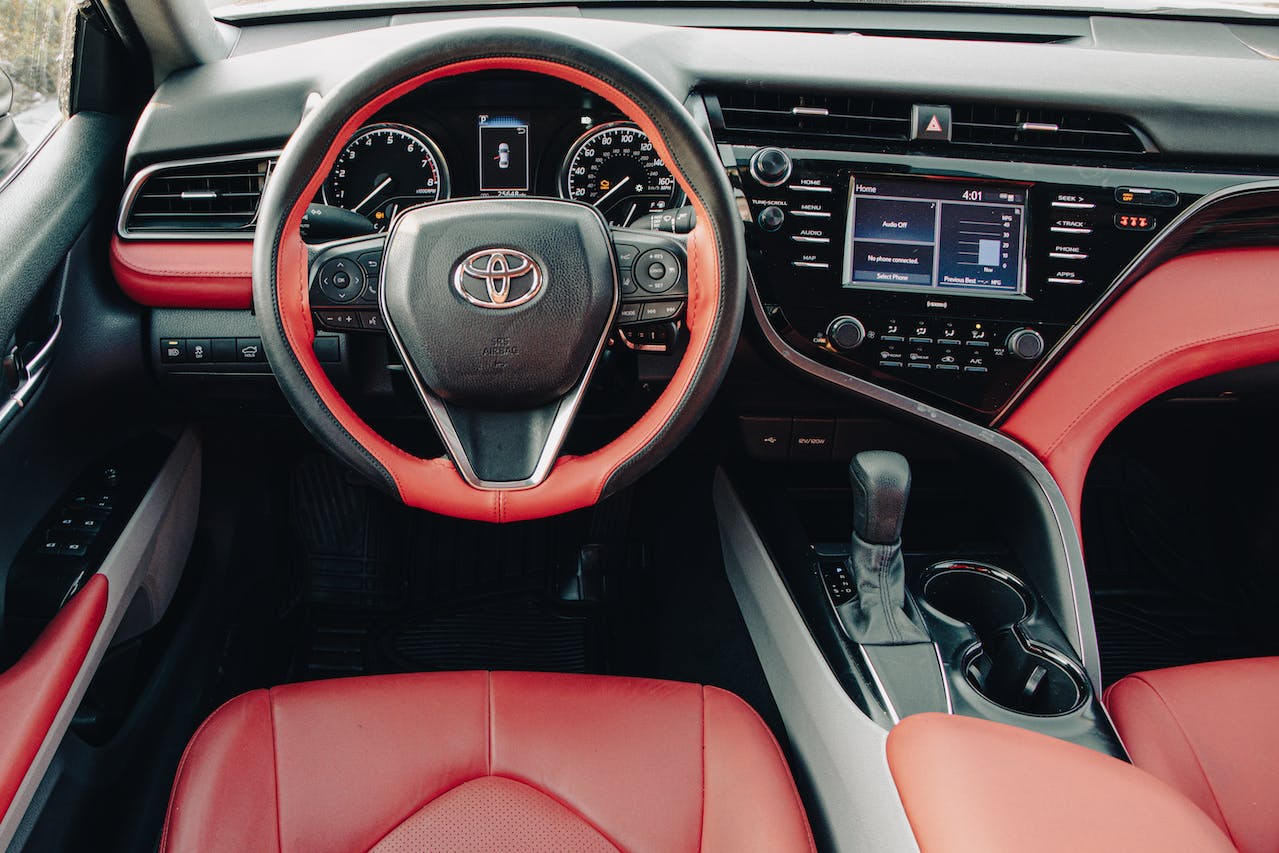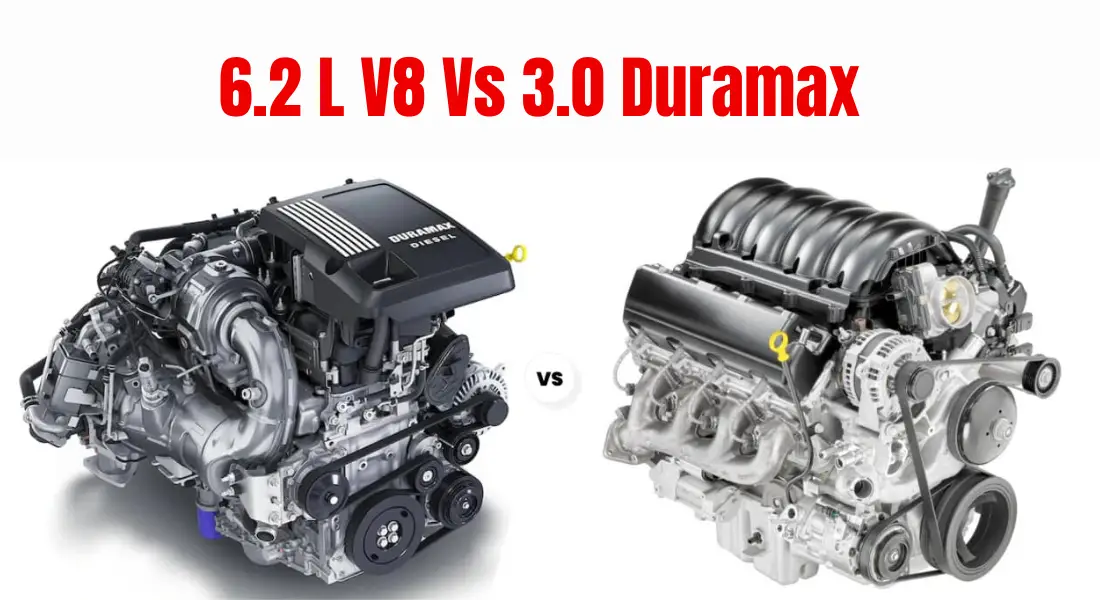Are you having trouble starting your Toyota Camry?
The check charging system warning light might be the culprit.
This warning light is a sign that your car’s charging system is not functioning properly.
The charging system is responsible for powering the starter motor and other electrical components in your car, including the audio system, lighting, window defrosters, air conditioner, and other car parts.
In this article, we will explore the causes of the check charging system warning light and provide quick solutions to get your car back on the road.
Keep reading to learn more!
What does it mean when my Toyota Camry says check charging system?
When your Toyota Camry displays the “check charging system” message, it means that the car is running solely on battery power. This warning light is an indication that your car’s charging system is not functioning properly. The charging system is responsible for powering the starter motor and other electrical components in your car, including the audio system, lighting, window defrosters, air conditioner, and other car parts.
What Are The Causes of the check charging system warning light In Toyota Camry?
Here are some of the most common causes of the check charging system warning light in Toyota Camry:
-
Faulty Alternator
The alternator is responsible for generating electrical power to charge the battery and power the vehicle’s electrical systems. If the alternator is not functioning properly, the battery may not receive a sufficient charge, leading to the warning light.
-
Weak or Dead Battery
A weak or dead battery can trigger the warning light. If the battery is unable to hold a charge or is at the end of its life, the charging system may not be able to maintain proper voltage.
-
Faulty Voltage Regulator
The voltage regulator controls the output of the alternator to ensure a consistent voltage to the battery. If the voltage regulator fails, it can lead to overcharging or undercharging of the battery.
-
Damaged or Loose Belts
The alternator is usually connected to the engine via belts. If these belts are damaged or too loose, the alternator may not spin efficiently, affecting the charging system.
-
Faulty Wiring or Connections
Issues with the wiring or connections in the charging system can lead to poor electrical conductivity, preventing the proper flow of electricity between the alternator and battery.
-
Defective Charging System Components
Other components in the charging system, such as diodes or the charging relay, could be defective and need replacement.
-
Computer or Sensor Issues
Modern vehicles often have electronic control systems that monitor and regulate the charging system. Problems with sensors or the vehicle’s computer could result in false warnings or affect the charging system’s performance.
Also Read: What Are The 2018 Toyota Camry Transmission Problems?
How do I fix my check charging system warning light In Toyota Camry?

Fixing the “Check Charging System” warning light in your Toyota Camry involves identifying and addressing the specific issue causing the problem. Here are general steps you can take to troubleshoot and fix the charging system:
Check Battery Connections:
- Ensure that the battery terminals are clean and tightly connected.
- Look for any signs of corrosion on the terminals and clean them if necessary.
Inspect Belts:
- Check the condition and tension of the belts connected to the alternator.
- Replace any damaged or worn belts, and adjust the tension if needed.
Test the Battery:
- Use a multimeter to check the voltage of the battery.
- If the battery voltage is below the recommended level or if the battery is old, consider replacing it.
Inspect the Alternator:
- Test the alternator output using a multimeter. The voltage should be within the specified range.
- Check the alternator for any visible signs of damage.
- If the alternator is faulty, it may need to be repaired or replaced.
Check the Voltage Regulator:
- Test the voltage regulator to ensure it is functioning correctly.
- If the regulator is faulty, consider replacing it.
Examine Wiring and Connections:
- Inspect the wiring and connections in the charging system for any damage or loose connections.
- Repair or replace any damaged wires, connectors, or terminals.
Scan for Diagnostic Trouble Codes (DTCs):
- Use an OBD-II scanner to check for any diagnostic trouble codes related to the charging system.
- DTCs can provide more specific information about the issue.
Professional Inspection:
- If you are unable to identify or resolve the issue, consider taking your vehicle to a qualified mechanic or an authorized Toyota service center.
- Professional diagnostics may be necessary to pinpoint the exact cause of the problem.
Address Electronic Control System Issues:
- If the charging system is controlled by electronic components, such as sensors or the vehicle’s computer, have these components tested and replaced if necessary.
How does the vehicle indicate a charging system problem or failure?
A vehicle indicates a charging system problem or failure through warning lights on the dashboard, typically labeled as “Check Charging System” or a similar message.
When the charging system malfunctions, the warning light illuminates to alert the driver. This may be accompanied by dimming headlights, a dead or weak battery, or other electrical issues.
Monitoring the vehicle’s voltage gauge can also provide an indication, as a malfunctioning charging system may result in an abnormal voltage reading. Prompt attention to these warnings is crucial to prevent further damage and ensure the proper functioning of the alternator, battery, and related components.
What are the symptoms of charging system faults On Toyota Camry?
Charging system faults in a Toyota Camry can manifest through various symptoms that indicate issues with the alternator, battery, or related components. Common symptoms include:
- Warning Light: The most direct indicator is the illumination of the “Check Charging System” warning light on the dashboard.
- Dimming Headlights: Dimming or flickering headlights while driving, especially at low speeds or when idling, can suggest a charging system problem.
- Dead or Weak Battery: If the battery constantly needs jump-starting, doesn’t hold a charge, or exhibits signs of weakness, it may be due to a charging system fault.
- Electrical Issues: Malfunctions in electrical components, such as power windows, radio, or other accessories, may occur due to insufficient power supply.
- Strange Noises: Unusual noises, such as whining or grinding, coming from the alternator could indicate internal problems.
- Burning Smell: A burning smell near the engine, often associated with electrical components, may signal overheating or a malfunctioning alternator.
- Voltage Gauge Readings: Monitoring the vehicle’s voltage gauge can reveal irregularities, with the gauge showing higher or lower than normal voltage levels.
- Stalling or Difficult Starting: A failing charging system can lead to stalling or difficulties starting the vehicle as the battery may not have enough power.
How much does it cost to replace an alternator on a Toyota Camry?
The cost of replacing an alternator on a Toyota Camry can vary depending on the year and model of the car, as well as the location and availability of parts. According to some online forums, the cost of replacing an alternator on a Toyota Camry can range from $250 to $1000. However, it is important to note that these are just estimates and the actual cost may vary. It is best to get a quote from a professional mechanic to get an accurate estimate for your specific car.
How to Reset Check Charging System Light On Toyota Camry?
The “Check Charging System” light in a Toyota Camry is not typically designed to be reset manually like some other warning lights. Instead, it is intended to alert you to a potential issue with the charging system, such as the alternator or battery. Resetting the light without addressing the underlying problem could lead to further issues and potential breakdowns.
To address the “Check Charging System” light, follow these steps:
-
Inspect the Charging System
Begin by checking the alternator, battery, and related components for any visible issues such as loose connections, damaged wires, or a malfunctioning alternator.
-
Test the Battery and Alternator
Use a multimeter to test the battery voltage and alternator output. A healthy battery should have a voltage of around 12.6 volts, and the alternator should produce a voltage within the specified range (usually around 13.8 to 14.2 volts).
-
Address Identified Issues
If you find any problems during your inspection or testing, address them accordingly. This may involve tightening connections, replacing damaged components, or repairing/replacing the alternator or battery.
-
Resetting the Warning Light
In some cases, once the underlying issue is resolved, the warning light may reset on its own after a few successful driving cycles. However, this is not guaranteed.
FAQs
How long does it take to replace an alternator on a Toyota Camry?
The time it takes to replace an alternator on a Toyota Camry can vary depending on the year and model of the car, as well as the location and availability of parts. It is best to get a quote from a professional mechanic to get an accurate estimate for your specific car.
How do I reset the “check charging system” warning light in Toyota Camry?
To reset the “check charging system” warning light in your Toyota Camry, you can disconnect the battery for a few minutes and then reconnect it. If the warning light comes back on, it is important to get it checked out by a professional mechanic.
Can I still drive my Toyota Camry with the “check charging system” warning light on?
It is not recommended to drive your Toyota Camry with the “check charging system” warning light on. This warning light is an indication that your car’s charging system is not functioning properly, and driving with this warning light on can cause further damage to your car.
How often should I replace the battery in my Toyota Camry?
The battery in your Toyota Camry should be replaced every 3-5 years, depending on the usage and climate conditions.
How do I know if my Toyota Camry’s alternator is bad?
If your Toyota Camry’s alternator is bad, you may notice dimming headlights, a dead battery, or a burning smell coming from the engine. It is important to get it checked out by a professional mechanic if you suspect that your alternator is bad.
How do I check the charging system in my Toyota Camry?
To check the charging system in your Toyota Camry, you can use a voltmeter to measure the voltage across the battery terminals while the engine is running. The voltage should be between 13.5 and 14.5 volts. If the voltage is outside of this range, it is an indication that your car’s charging system is not functioning properly.
Conclusion
Your Toyota Camry is a reliable car that can take you anywhere you need to go.
However, when the check charging system warning light comes on, it can be a frustrating experience.
In this article, we have explored the causes of the check charging system warning light and provided quick solutions to get your car back on the road.
Remember, the charging system is responsible for powering the starter motor and other electrical components in your car, including the audio system, lighting, window defrosters, air conditioner, and other car parts.
By following the tips and solutions provided in this article, you can keep your Toyota Camry running smoothly and avoid any future issues.
Thank you for reading!




